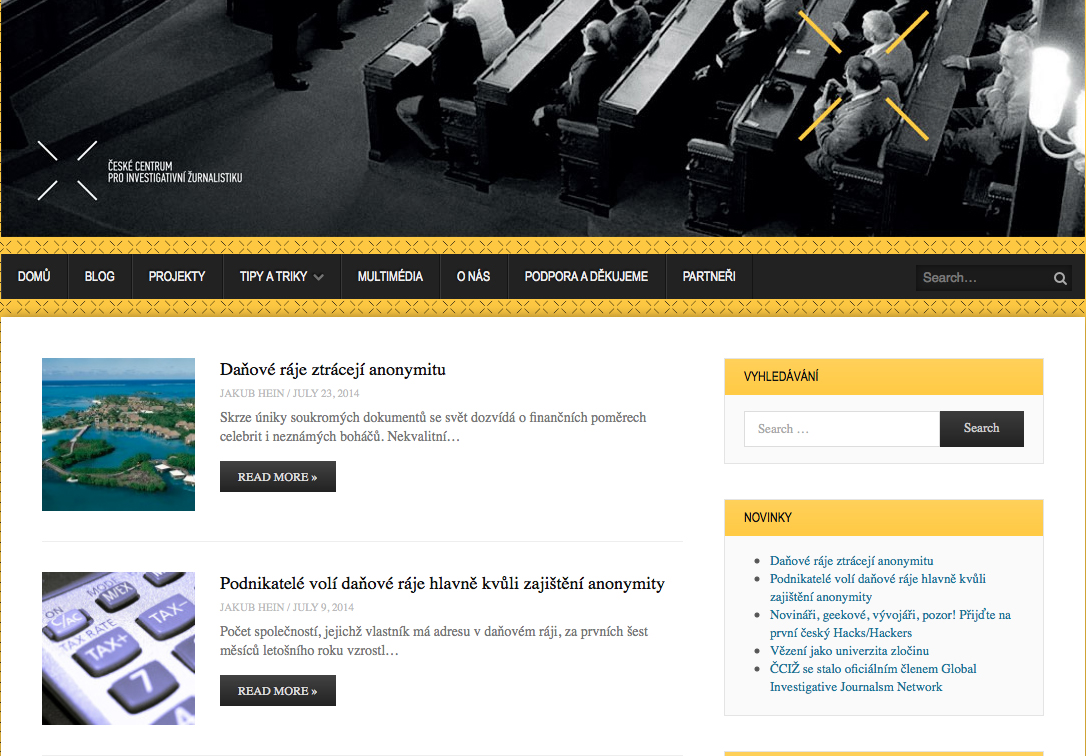Over the last decade, financial instability and migrant crisis have paved the way for an exponential growth of far-right movements and parties all over the European continent.
EU institutions and the countries themselves struggled to respond to these challenges, and this failure contributed to a paradigm shift in the political panorama in Europe (Astier & Errasti, 2018). Adopting a populist rhetoric that focus on sovereignty and preference of native ethnic citizens over foreigners or minorities, this new far-right revival has been described as a form of “new nationalism”, which has strongly benefited from cultural friction and backlash among the ones on the wrong side of a new transnational cleavage (Halikiopoulou & Vlandas, 2019).
Alongside the reasons already presented, one fact that may have played a significant role in this resurgence of the far-right was the appearance of social media platforms. That completely changed the way political agents and parties communicate with their audiences and spread their beliefs among voters.
The power of social media
Since the last decade, social media play a crucial role in politics and political campaigns. The proliferation of social networks such as Twitter and Facebook set a new standard for political communication channels, as it enables politics to share content with voters in an unprecedented way that would otherwise be impossible without the widespread use of the internet and social networks we experience today (Ruth, 2020).
Additionally, the author believes social media also enables citizens to keep up with political news, views, and updates on a constant basis, trough instant sharing that can be accessed via a plethora of technological devices, and that one of its biggest benefits is the exposure it gives to political information.
Diehl et al. (2015) state that a very significant portion of citizens is using social media as a platform for discussing, sharing, consuming, and producing political information.
Besides being a platform where users can directly interact with political and media agents to access information, even users without interest in these topics can be exposed to this type of content due to posts and shares made by people they are connected to, or befriended in these social platforms. This highlights the power of influence people possess over each other in these networks (Xenos et. al. 2014).
But why is social media more important to the populist far-right in Europe than the rest of the political spectrum?
Online communities of „lone wolfs“
Lee et al. (2014) state that the easy access to political information and propaganda on social media can also contribute to widening the polarization in politics, due to the fact that it enables people with similar views of the entities issuing the message to experience repeated reinforcement that contributes to the solidification of these beliefs, which increases the chances of the user itself becoming an active voice on social media defending such polarized ideologies.
Social media’s emergence as a platform where any citizen can voice their opinions and beliefs has paved the way for Populist parties to use these networks as an independent vehicle of communication. This way they are offering voters a suitable alternative from what they claim to be the pro-establishment mainstream mass media, which serves the interests of an elite (Gerbaudo, 2018). Additionally, the author states social media itself operates an algorithm strategy which basically aggregates individuals with similar interests. That create online communities of otherwise “lone wolfs” who share mutual ideas and values that can be considered improper by liberal standards. The social media provide them a platform for interaction that eventually generates militant support for anti-establishment candidates.
Social media has also been described as a prolific space where populist parties can recruit new militants and voters who previously had no interest in politics, and thus were at the margin of political participation (Bartlett, 2011).
Regarding right-wing populism more specifically, according to Khosravinik (2017), right-wing populists promote social media as a tool that allows the empowerment of standard individuals and their reconnection with politics. Social media is also a powerful barometer for populist movements, through its popularity-based dynamics. Users can like, comment, and share content, and follow/subscribe pages and channels. The author also states social media is seen by these movement’s supporters as a way of revolting against the monopoly of mass media (in concordance with Gerbaudo’s findings presented above).
Virality of populist messages
According to Caiani et al. (2012), the far-right have long relied on the internet as a platform to connect with a broader audience, larger than ever before. Particularly with the emergence of social media networks such as Facebook and Twitter, that have been extensively used as a communication platform, which allows an independent communication hub between party leaders and their supporters and militants, without the interference of potentially hostile media agents.
Mudde (2019) states that, additionally to the far-right movements and parties’ presence in social media, these digital platforms have also enabled the creation of many new social media based far-right organizations, which provides the new media organizations a free communication platform without the strict ethical and ontological rules of traditional media journalism. Additionally, social media acts as a powerful tool to promote and share far-right ideology trough the content published.
Regarding populist communication more specifically, due to social media dynamics, it has been argued that populist messages possess a higher potential to become viral, since they tend to display some elements such as polarization, shockingness, emotionalization, and outrageousness (Hong et. al. 2011).
Khosravinik (2017) states that, although social media and its respective dynamics in what concerns direct political participation and militancy have not caused the current shift towards right-wing populism in Europe (which is owed to democratic system’s flaws and specific sociocultural, economic, and political scenarios of such countries), these network’s social dynamics favor opinions, beliefs and feelings over logic, reason, facts, and arguments. Social media’s algorithms turned a space that could be used for proper rational debates into a popularity contest, providing populism a place to flourish.
Tags:digitální média, EU, Facebook, far-right, Politics, politika, populism, social media, Twitter


















